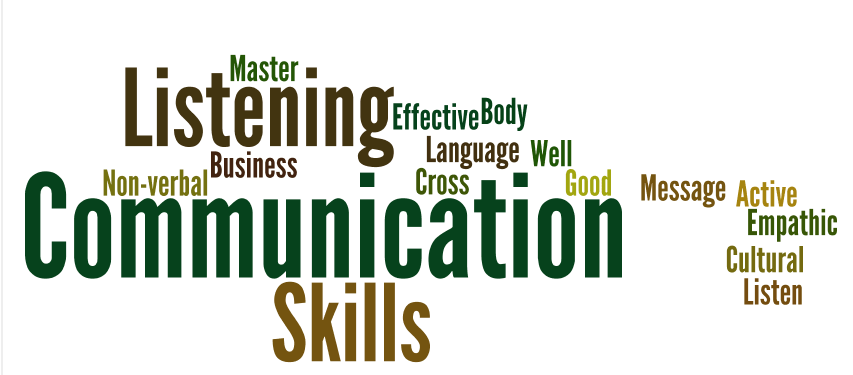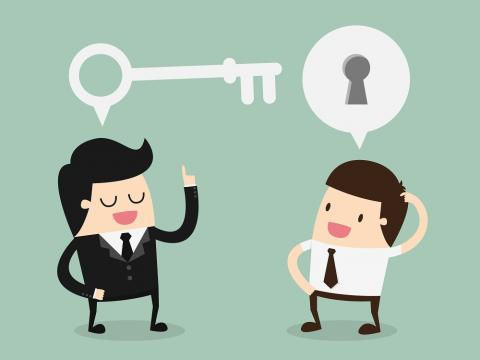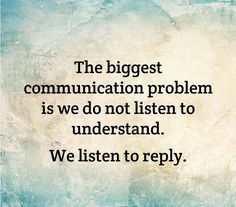
Commitment
to the profession...
Early Childhood Education
MY E. Portfolio
MAITHA AL HAJERI
In this page, you will be able to view how I demonstrated the commitment to the profession through my attitudes toward my practice placement. Following the rules and regulations, embracing the principles of the teaching profession, as well as the requirements. Moreover, what I did over than just teaching and doing what is required as a trainee teacher.
What you can find on this page...
Pass you mouse here to view details

1-To identify approaches to develop relationships with a range of stakeholders (Principals, parents, colleague beyond their department, support staff)
2-To discuss aspects of effective communication with stakeholders
3-To recognize how emotions and ‘triggers’ impact personal behavior and discuss strategies to address these
4-To identify appropriate professional development goals and the means by which these can be achieved
5-To demonstrate a maturing professionalism by accepting responsibility for resolving work-based problems
6-To discuss the wider responsibilities of a teacher to ensure full involvement in the school community
Corporate Communication
skills with MST

Aspects of
Effective
Communication
Methods
1.
Stay on the same page
2.
Communicate on a personal level
3.
Think ahead and offer solutions to problems
4.
Offer suggestions that produce results
5.
Make my MST look good.
6.
Communicate effectively at school
7.
Ask for feedback or help
8.
Offer my help on projects
9.
Be accountable.
10.
Never complain behind her back
Watch this Video
(How to communicate with your Mentor...)

Emotional Intelligence
Watch this Video
(What is emotional intelligence)
-I believe that Emotional intelligence is important. because it's the main quality of a teacher. The ideal teacher should know the feeling of the students and act accordingly. According to my experience, Having a high emotional intelligence help to maintain harmony in relationships.

emotions and ‘triggers’ impact personal behavior
We can notice many changes in the way people act toward us, and that happens as a result of our behavior which is affected by our emotions. I believe that our brain controls the way we feel and act. When we act emotionally it shows in our behavior, the way we speak, act or respond to the people or the environment surrounding us. People might get hurt because of our behavior or feel uncomfortable for our existence around them. According to my teaching practice Experience, children at kindergarten are developing their emotional area and the way the teacher can't control her emotions which leads to a sensitive behavior from the teacher towards the children, and they might get affected negatively in the classroom. For that teachers should have high emotional intelligence
professional Development
Goals
My Professional plan goals include the goals I want to achieve to improving my teaching during this teaching practice and some plan of how I will improve them...
Click on this button to view the Professional development plan
((responsibilities of a teacher))
A teacher plays vital roles in the classrooms. Teachers are well-known for the role of teaching the students, but Beyond that, teachers play many other roles in the classroom than teaching. Teachers set the tone of their classrooms by caring about the environment of the learning area (classroom), build a warm environment secure and safe as a second home to the children, mentor, and nurture students, become role models, listen to students' issues and look for peace in the classroom out of trouble.

This trip was planned by me to take the children on an educational trip that links to their theme and what they were learning at school. there were three activities planned and implemented to keep the learning ongoing during the trip.
This trip was educational because there was a link between the trip destination with there current theme in the kindergarten which was “Humans and Animals”.
Children were able to show their understanding of the unit by doing the activities planned by me before, while and after the trip.
Overview of the unite:
-Children learn to recognize and name different animals and begin to describe them using simple vocabularies such as sizes, colors, and names.
Going out of the kindergarten for half of a day to an educational trip is always an exciting, and a great idea. It teaches students a lot, but what stays in their mind is the enjoyment that is based on their best memories of the trip. No matter how much students learn during an educational trip, their favorite memories may be based on their enjoyment of the day. Getting away from school for half a day is always fun and exciting for students. When students go to trips, they enjoy with the time with their friends. Trips also support emotional/social development, because children use to communicate with each other, share space, express feelings and holding conversations with each other. Students at the end of the trip return to the kindergarten happy and with a renewed concentration on their schoolwork (Casatechno, 2011).
References
Casatechno. (2011). Why schools should have educational trips?. Retrieved from, http://www.educationaltourism.org/why-us.html
Going out of the kindergarten for half of a day to an educational trip is always an exciting, and a great idea. It teaches students a lot, but what stays in their mind is the enjoyment that is based on their best memories of the trip. No matter how much students learn during an educational trip, their favorite memories may be based on their enjoyment of the day. Getting away from school for half a day is always fun and exciting for students. When students go to trips, they enjoy with the time with their friends. Trips also support emotional/social development, because children use to communicate with each other, share space, express feelings and holding conversations with each other. Students at the end of the trip return to the kindergarten happy and with a renewed concentration on their schoolwork (Casatechno, 2011).
References
Casatechno. (2011). Why schools should have educational trips?. Retrieved from, http://www.educationaltourism.org/why-us.html
Teacher as a role model
Students think of their teachers as professional adults, and they tend to copy their teacher. Thus, it's important for teachers to always show a positive image and teach children how to respect, share, trust, and being responsible. A teacher can do this through her actions and words in the classroom.
Teacher as a Surrogate Parent
Teachers are the surrogate parents for their students. because there are many students who suffer from lack of parental contact as a result of their parent's absence in their lives. Moreover, well-raised children are growing under the positive contact from adults which has to be provided by the parents and the teacher.
Teacher as an Assessor
Teachers must assess each student's growth in everything being taught in the classroom. Therefore, the teacher has to apply formative assessments regularly and some summative assessments at the end of a unit or a theme. Informal assessment can happen through classroom observation or through formal methods like quizzes and tests. By applying many formative assessments teachers will be able to recognize what her students struggle in. That will help the teacher to plan lessons to meet her students' needs next time.
Teacher as a Planner
Teachers must be professional planners. Lessons must be well-planned to make the teaching visible to the students. Plan B must be always available to place plan A in case it didn't work because no one knows what may happen during the lesson that will cause a problem in following the plan, so you need to have backup plans available to replace them. Most of the time, the planning includes assessment data from previous lessons to develop the learning and the teaching.
Teacher as a Developer
Teachers are developers of resources - making activities that suits the children to develop their area of development, designing assignments, creating PowerPoint presentations to go along with your lessons. Children learn differently, different learning styles and multiple intelligence which should be considered by the teacher to develop her students' levels and learning.
Teacher as The Organizer
The success in any activity depends on the good organization by the teacher and on students ability to complete the activity and knowing exactly what they are to do next. Being a good organizer in activities means good instruction giving and well setting up the activity.
Other Roles...
Teachers have more than the roles I mentioned above. Teachers are event planners, travel agents, tour guides, bookkeepers, first aid givers, and more! the roles of the teacher appear by the situation when it is required. The teacher might take roles we can't imagine rather than being a teacher who teaches.
Being a teacher is so much more than standing in front of a class teaching. The best teachers are the ones who have many roles than teaching.







